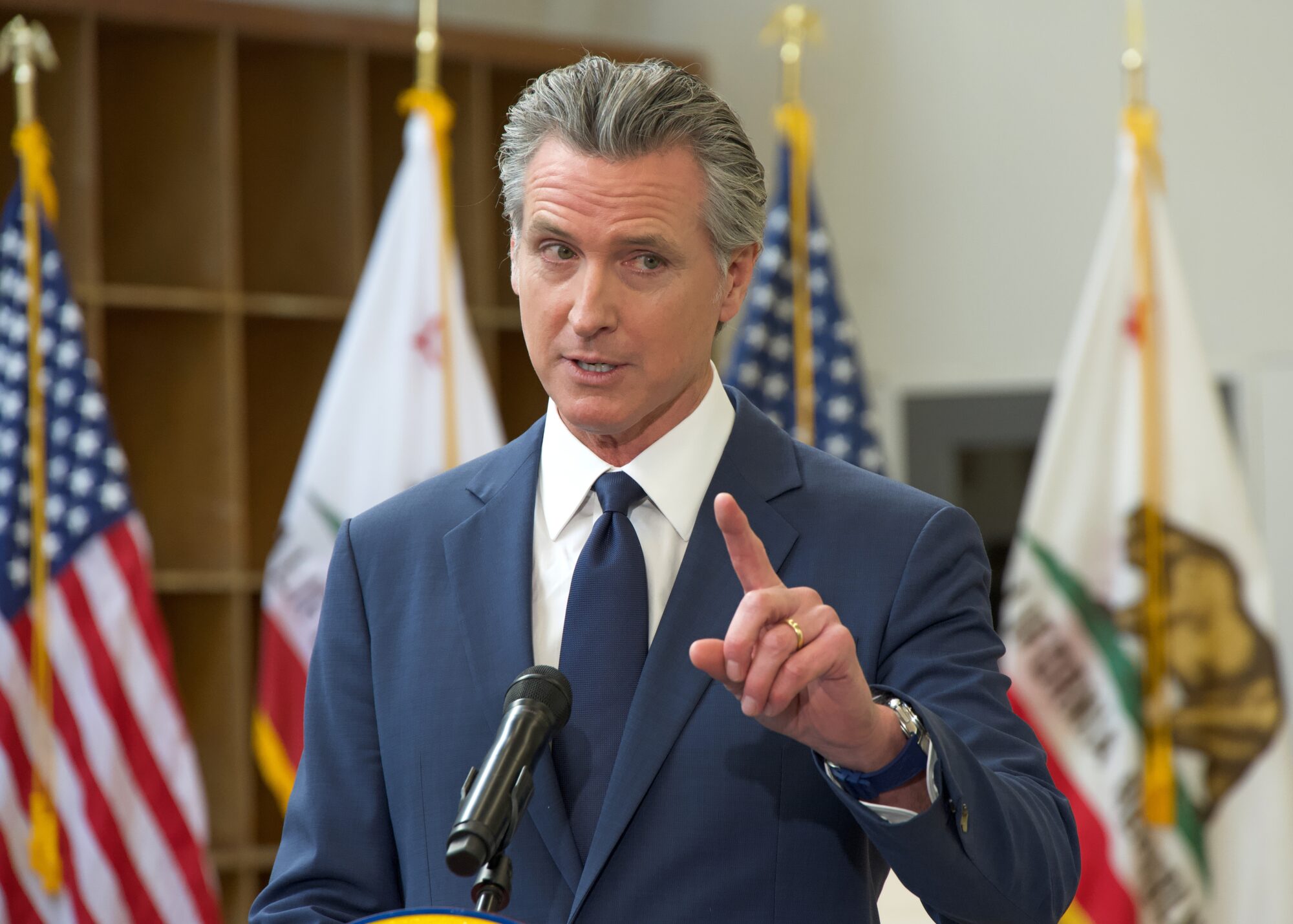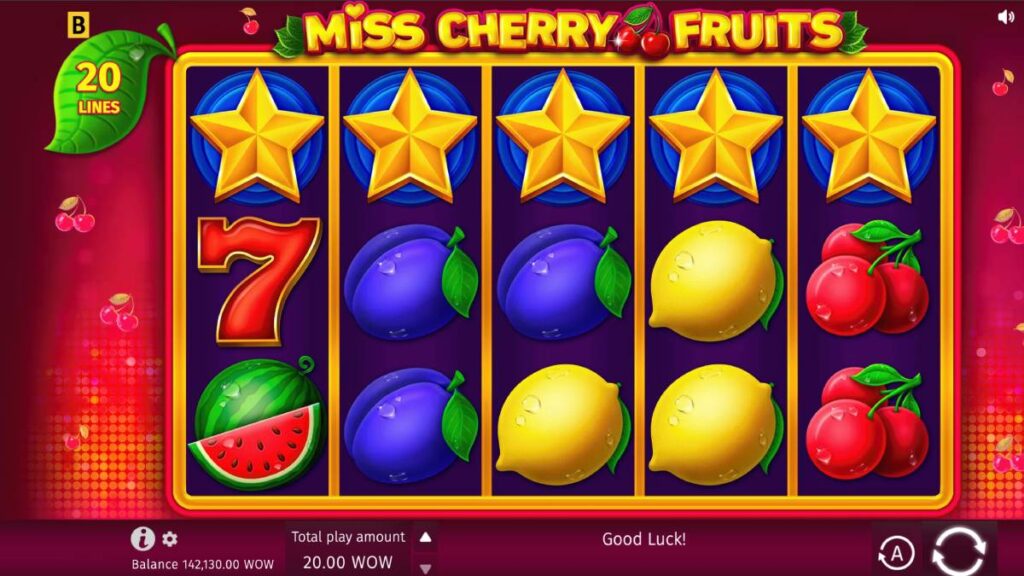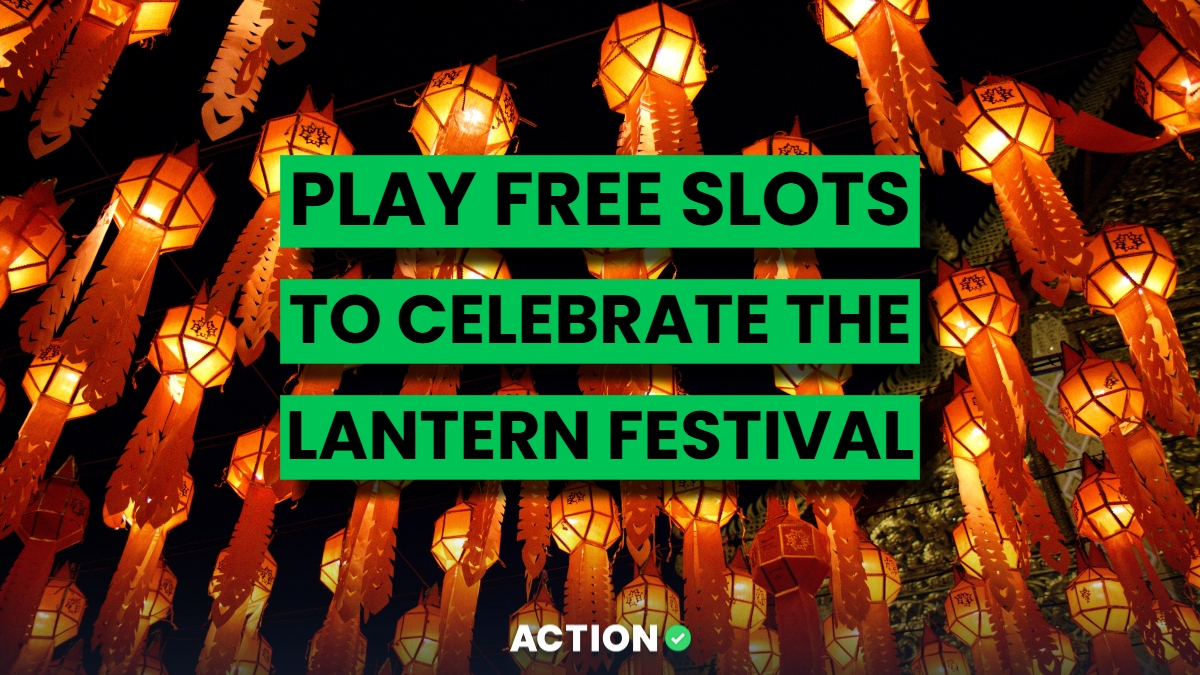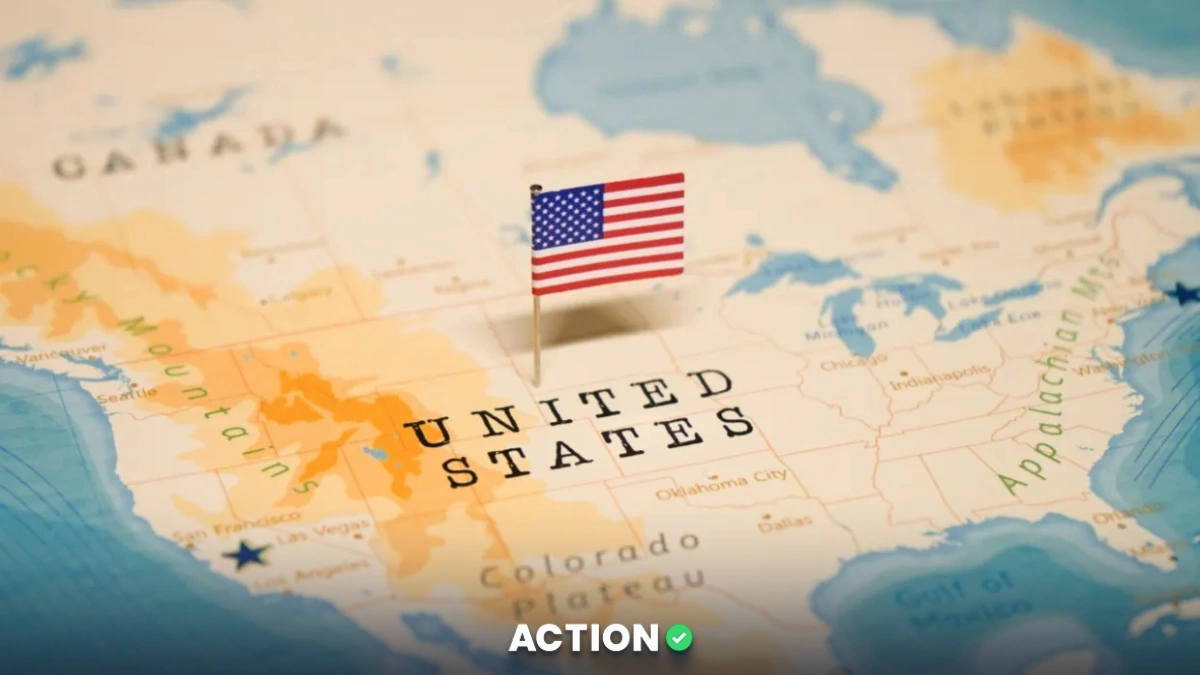It appears sweepstakes casinos in the Golden State have run out of luck.
California’s sweeping crackdown on sweepstakes and social casinos has driven major operators out of the state, while tribal leaders are now signaling they may pursue the industry’s past profits.
This follows Governor Gavin Newsom’s signing of Assembly Bill 831 (AB 831), which prohibits sweepstakes-based social casinos from operating in California as of January 1, 2026.
Before the bill’s signing, several leading sweepstakes casinos—including Vivaro.us, Carnival Citi, Ruby Sweeps, and Dara Casino—announced withdrawals from California in anticipation of the ban. Industry suppliers such as Evolution and Pragmatic Play also pulled their games from California-facing platforms like Stake.us and Pulsz in response to increasing legal pressure.
What Does Assembly Bill 831 Change in California?
AB 831 establishes that sweepstakes casinos, which use dual currencies (gold coins and sweepstakes coins redeemable for prizes), constitute a form of unregulated online gambling.
It criminalizes not only operators but also affiliated service providers, including:
- Payment Processors
- Game Suppliers
- Marketing Partners
Potential penalties could add up to one year in jail and fines of $25,000 per violation.

The bill also targets celebrities who promote social and sweepstakes casino games. Its wording suggests that California celebrities, such as Drake, Paris Hilton, and Ryan Seacrest, could face legal consequences for advertising and promoting sweepstakes casinos.
Tribal Efforts to Eliminate and Pursue Profits
California’s largest tribal gaming coalitions—most prominently the California Nations Indian Gaming Association (CNIGA) and tribes such as San Manuel and Soboba—were the driving force behind AB 831.
They argued that sweepstakes platforms unlawfully imitate casino gambling and divert consumer spending from tribal operations guaranteed exclusivity under Propositions 1A and 5.

Tribal leaders now intend to “go a step further” by exploring legal and legislative avenues to recoup profits sweepstakes operators earned while active in California—profits broadly estimated to be in the hundreds of millions of dollars over recent years.
The Los Angeles Times reported that tribes viewed these operations as “illegal platforms” eroding the financial and social benefits of regulated tribal gaming, arguing that enforcement should not stop at expulsion but extend to restitution and future deterrence.
SPGA Opposed AB 831 From the Start
The Social & Promotional Games Association (SPGA) firmly opposed AB 831, calling it unclear, rushed, and hazardous.
The group argued that the bill aimed to ban a whole type of legal online entertainment without clearly defining what it was or showing any proof that it harmed consumers. The SPGA was particularly critical of the bill's failure to clarify key terms like "dual currency system" and "cash equivalents."
The SPGA had written a letter to California Assembly member Avelino Valencia, who introduced the bill, detailing their objections to AB 831.
Broader Implications for California
This development reflects a broader realignment of California’s gaming policy toward tribal exclusivity.
Similar to legislation passed in 2024 enabling tribes to sue cardrooms for violating exclusivity agreements, AB 831 represents a second consecutive legislative victory for tribal interests.

While some small or geographically isolated tribes opposed the measure—seeking digital revenue opportunities through partnerships with sweepstakes operators like Virtual Gaming Worlds (VGW)—the prevailing tribal majority contends that enforcement and financial reclamation are necessary to preserve the integrity of California’s regulated gaming ecosystem.
So, with sweepstakes casinos set to exit by early 2026 and tribal advocates calling for investigations into profits earned before the ban, California is poised for a landmark confrontation between tribal sovereignty, consumer access to social gaming, and the boundaries of lawful digital gambling.










